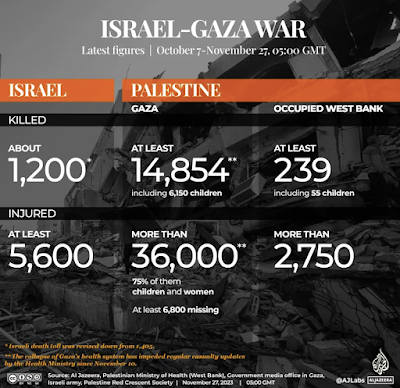And this violence has extended our collective awareness to other atrocities. Genocides in the Democratic Republic of the Congo, Sudan, Myanmar, and China, as well as the genocides of the indigenous people in what colonial settlers named the Americas and their connections to the history and ongoing legacies of chattel slavery.
In such a moment, what is the purpose of the essay? What is the role of the essayist?
Essay Daily invites essayists to respond to these questions for a feature that, given the exigencies of this moment, will begin as soon as possible.
In a time of genocide, what insights might the essay afford us about language, about violence, about empire, empathy, and justice? What alternatives does the essay offer to the current op-eds and talking heads? What beneficial change, if any, can an essay make in a humanitarian crisis or a human heart?
Contributors might look to essayists from the past, such as Hannah Arendt, Edward Said, Mahmoud Darwish, Audre Lorde, and Gloria Anzaldúa. They might also look to practitioners in the present, such as Gayatri Spivak, Jamaica Kincaid, Angela Davis, Trinh T. Minh-ha, and Noor Hindi, whose “Against Erasure” and “American Beings” offer powerful examples of what the essay can accomplish.
This is an open invitation, a call to witness, a collective attempt to support—in whatever ways essays and essayists can—our fellow human beings.
If you’re interested in contributing, contact Eric LeMay (eric@ericlemay.org).

